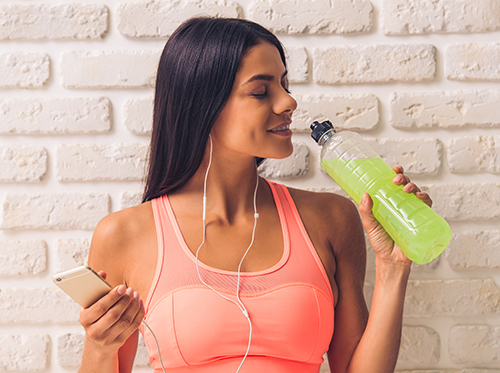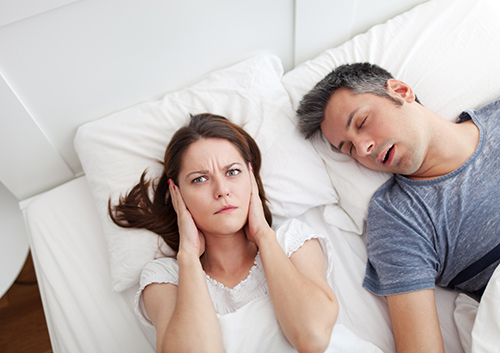The Consequences of Sports and Energy Drinks
February 15th, 2023

They’re refreshing and tasty. They’re easy to find and pretty cheap. They help us get through a long day or a long workout. They’re everywhere.
We know it’s hard to say no to an energy or sports drink. That’s why our doctors and our team want to make sure you know the effects that energy and sports drinks can have on your smile and overall oral health. You might just think twice next time you crave one.
There’s a common misconception that sports and energy drinks are somehow healthier than soda beverages. None is particularly good for you, but because sports and energy drinks have higher acidity levels, they put you on a fast track to enamel erosion, which can lead to cavities over time. However, studies show that energy drinks may be the worst of the bunch.
In a study published in General Dentistry, the energy drinks that showed the highest acidity levels were 5-hour Energy, Monster, Rockstar, and Red Bull Sugar free. These drinks almost doubled in acidity when compared to sports drinks. The sports drinks that came in second as far as acidity levels go were Powerade, Gatorade, and Propel.
You may be thinking, “What's the big deal; lots of other drinks damage your teeth, too,” and you’re right. Even all-natural beverages like orange juice and other fruit juices, which are advertised as full of vitamins, contain acid that damages tooth enamel. The point here is that moderation is key.
We certainly encourage you to choose a glass of orange juice over an energy drink, but if you feel like you just can’t give up your sports and energy drink habit, then please consider the following tips:
- Limit yourself to a certain number of said beverages a week and stick to it.
- Rinse with water after consuming an energy or sports drink.
- Brush your teeth after an hour of downing the drink, so your mouth has time to return to its normal pH level.
If you have any questions, don’t hesitate to give us a call at our Green Bay office. Shoot us a message on Facebook, or let us know on your next visit!




 Website Powered by Sesame
24-7™
Website Powered by Sesame
24-7™